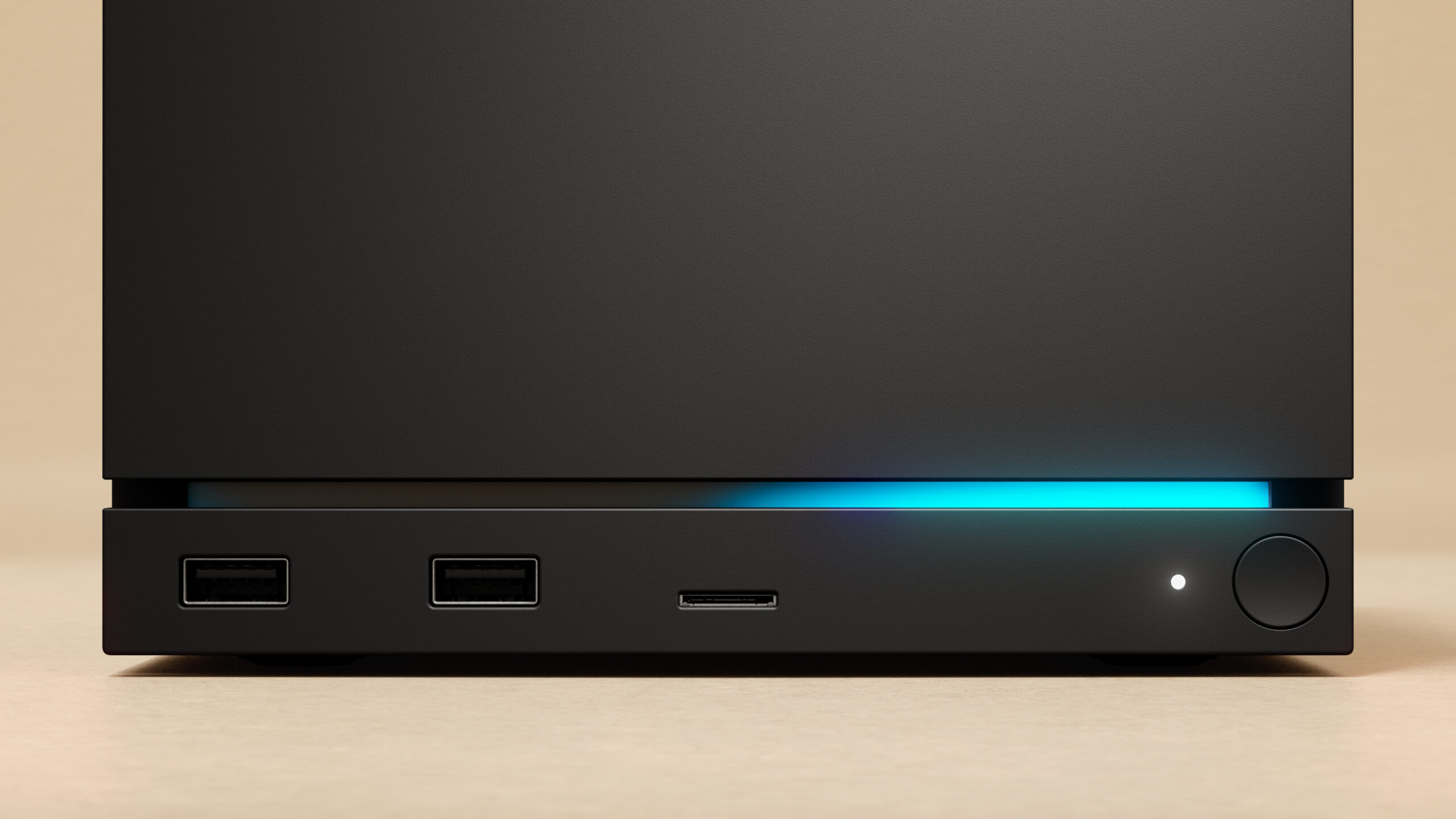The title is a bit misleading, as the article lists diverging analysts’ opinions, ranging from Valve willing to sell at a loss or low margins, to high prices due to RAM and SSD price volatility.
cross-posted from: https://lemmy.blackeco.com/post/2330473



I don’t see it as a killer feature. In fact, the main advantage of these individual devices (as in the new ones, not Steam Deck) is that you don’t need the others, rather than that they interact seamlessly.
e.g with Steam Frame, you don’t need a gaming PC to actually run Half Life Alyx to be able to play it. If you already have a gaming PC, at most it offers minor advantages over any other VR headset.
e.g with Steam Machine, you don’t need a gaming PC to engage with the Valve ecosystem and play on your TV. If you already have a gaming PC, you can already stream it to your TV for free.
Also, ecosystem maturity won’t fundamentally change that as a prospective steam machine customer, you will still need to configure game settings. You will still accidentally touch the trackpads in a way that causes issues in some games. Granted, the relative maturity and design improvements will make a big difference. But it’s more of a difference in customer retention and satisfaction than a difference that will get Valve’s foot in the door with someone invested enough in gaming to prefer a more open ecosystem, yet not invested enough to already own an equivalent console or equivalent/better gaming PC.
There are many ways they could leverage a lower cost which Sony/MS can’t/won’t, e.g. make generic controllers compatible, sell the console without one, recoup margin on steam controllers (one of the highest-margin tech product categories around these days)